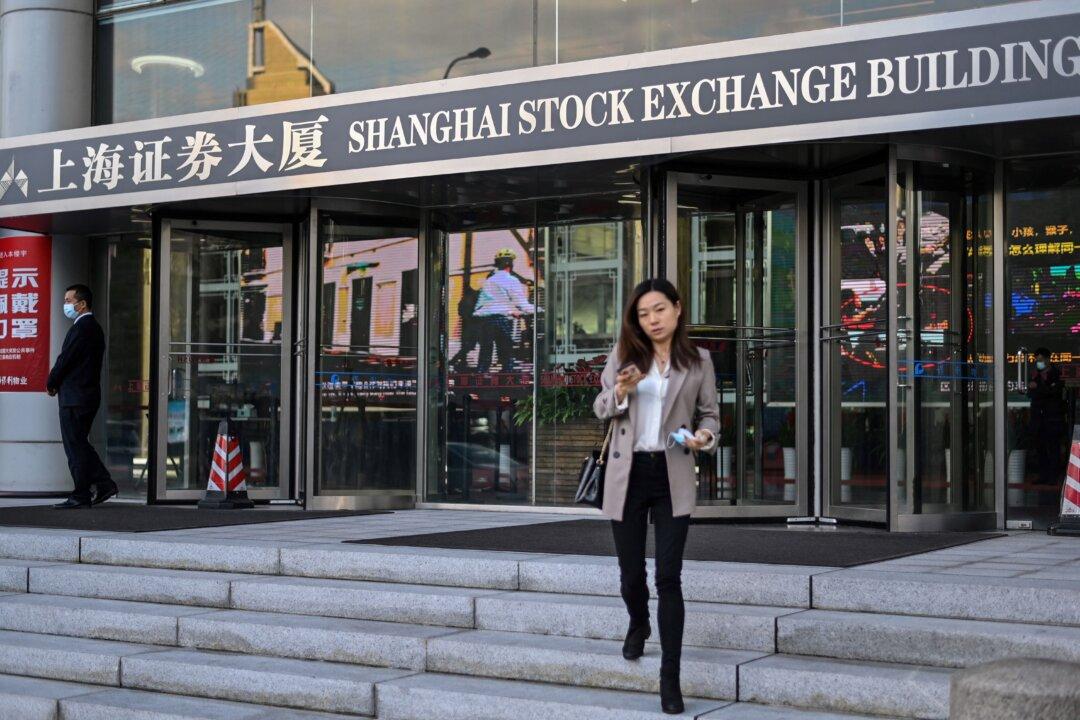News Analysis
As China’s economy slows, investors are pouring money into Chinese government bonds, driving their prices up and pushing yields to record lows.

News Analysis
As China’s economy slows, investors are pouring money into Chinese government bonds, driving their prices up and pushing yields to record lows.